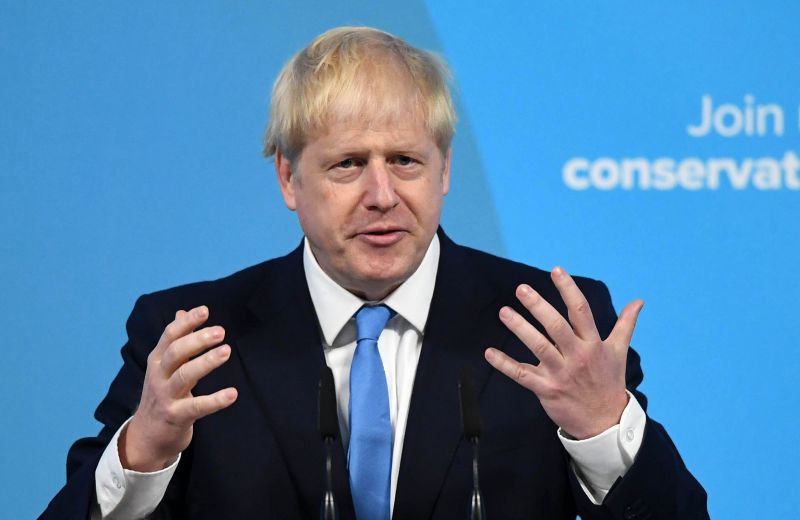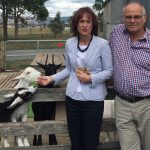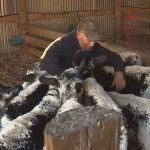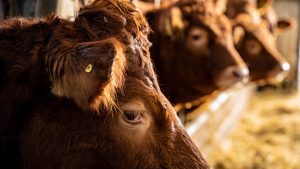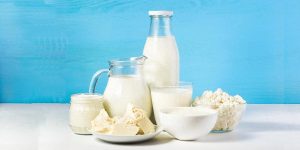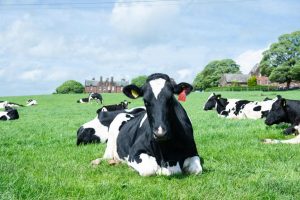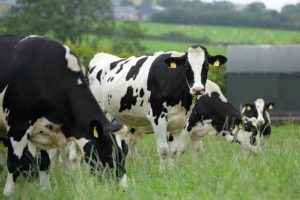
Labour from the EU has made a significant contribution to UK dairy businesses as farms become more reliant on the overseas workforce.
A survey from 2016 showed that 56% of dairy farmers employed staff from outside the UK in the last five years compared with just 32% in 2014.
Despite efforts from farming groups, the Migration Advisory Committee and Defra ‘continue to ignore’ the staffing crisis facing the dairy industry, the Royal Association of British Dairy Farmers (RABDF) said.
The group added that the government must look at the scale of concern for permanent staff and definition of skills and skilled workers required on farms.
Mr Johnson is a devout leave campaigner and has said on more than one occasion that the UK will leave the European Union ‘come what may’ on 31 October.
He was appointed the new Prime Minister last month and with that came a new cabinet that saw Theresa Villiers take up the position of Defra Secretary, someone who has previously said she would support a no-deal Brexit.
But RABDF said Mr Johnson and his cabinet must consider the ‘drastic implications’ leaving the EU without a deal could have on an ‘already strained’ overseas labour network.
These gaps aren’t being filled by British workers. A survey of 2,000 UK adults shows that only 4% were willing to consider job roles on a dairy farm.
The main reasons for not considering a job in the sector were the unsocial hours, rural location and working with machinery and animals.
A further survey commissioned by RABDF and carried out by Ian Potter Associates in 2017 showed that the 1,000 dairy farms surveyed produce over 2.23 billion litres of milk – 15% of the UK’s overall annual volume – and have between them nearly 270,000 cows.
Almost 17% of these dairy businesses have foreign workers within their workforce and more than half of these non-UK workers are in skilled positions of herdsmen or herd managers.
RABDF managing director Matthew Knight said labour issues have ‘shot to the top of the list of challenges’ for many dairy farms after the Brexit referendum.
“It is clear a very significant proportion of our milk is dependent on foreign workers – over a quarter of farmers say they have significant or intense problems recruiting making it one of the key limiting factors to growth, and to the effective operation of dairy farms.
“This is only going to continue with Brexit and could have catastrophic results if we leave the EU without a deal.”
Mr Knight added: “The ready and steady supply of skilled, dedicated foreign workers is critical to the success of the sector, and to its long-term prosperity.
“With this in mind the government must consider the issue as a matter of urgency and work together with the industry to avoid what will otherwise be a ‘cliff-edge’ shortage of labour in the near future,” he said.
The dairy industry is calling on the Migration Advisory Committee to review the need for dairy herdsman to be added to the Shortage Occupation List, a list that consists of critical jobs in short supply.
Herdsmen play a vital role in the dairy industry and have a pivotal role when it comes to the success of the British dairy sector.
“It is astounding that roles like this can be excluded when others such as artists and dance choreographers are included, which in itself demonstrates the need for immediate action on the matter,” Mr Knight said.
